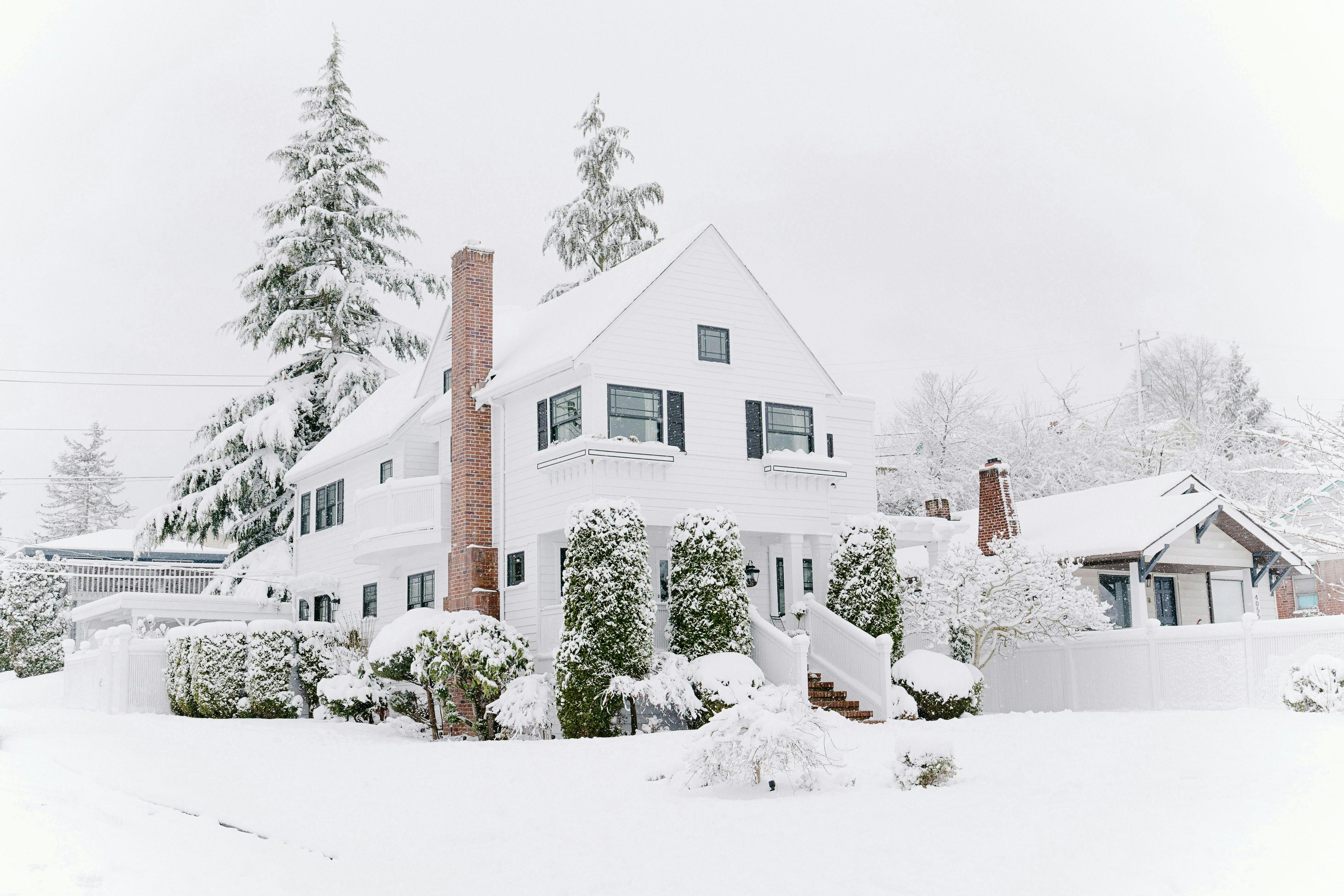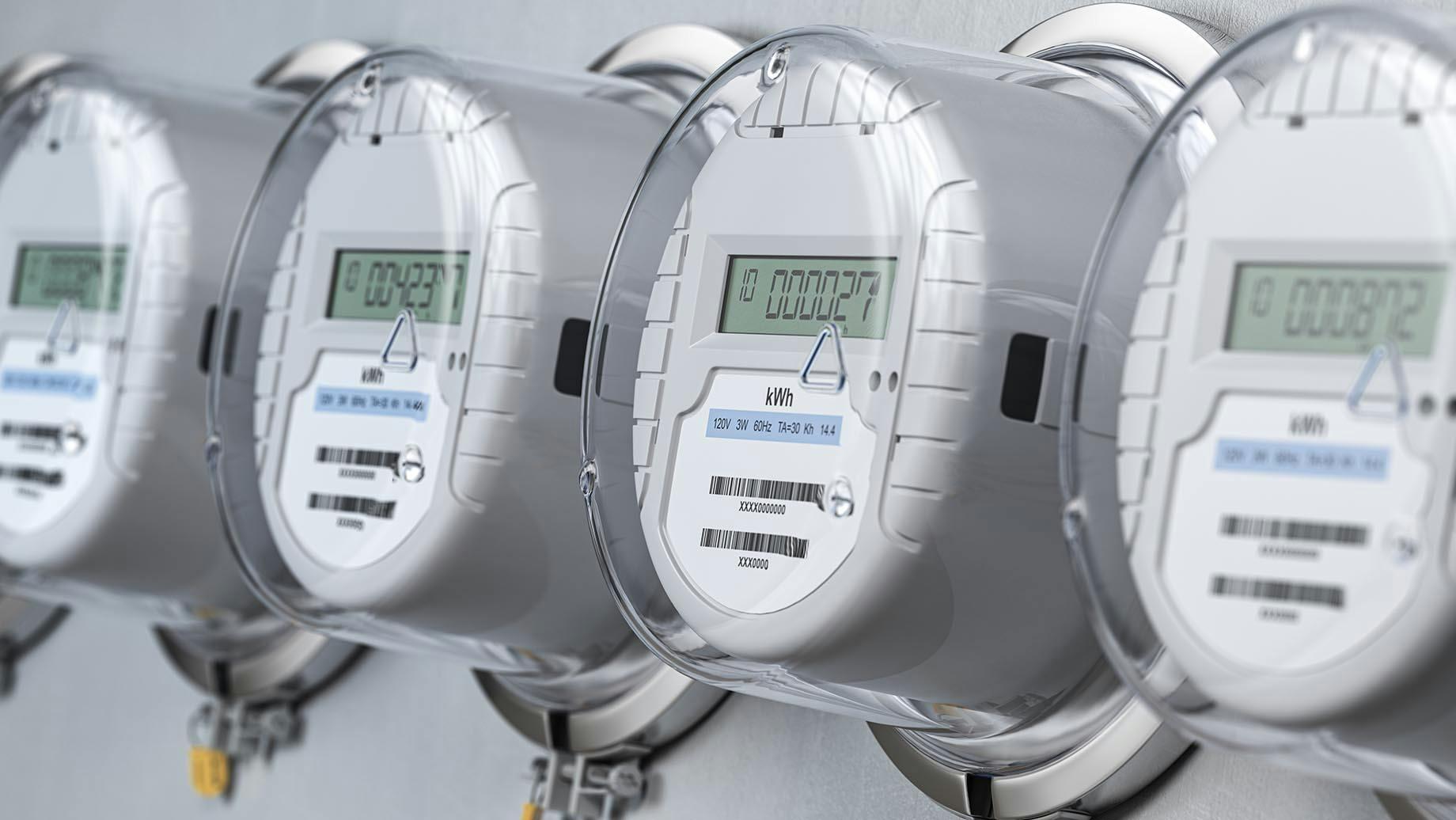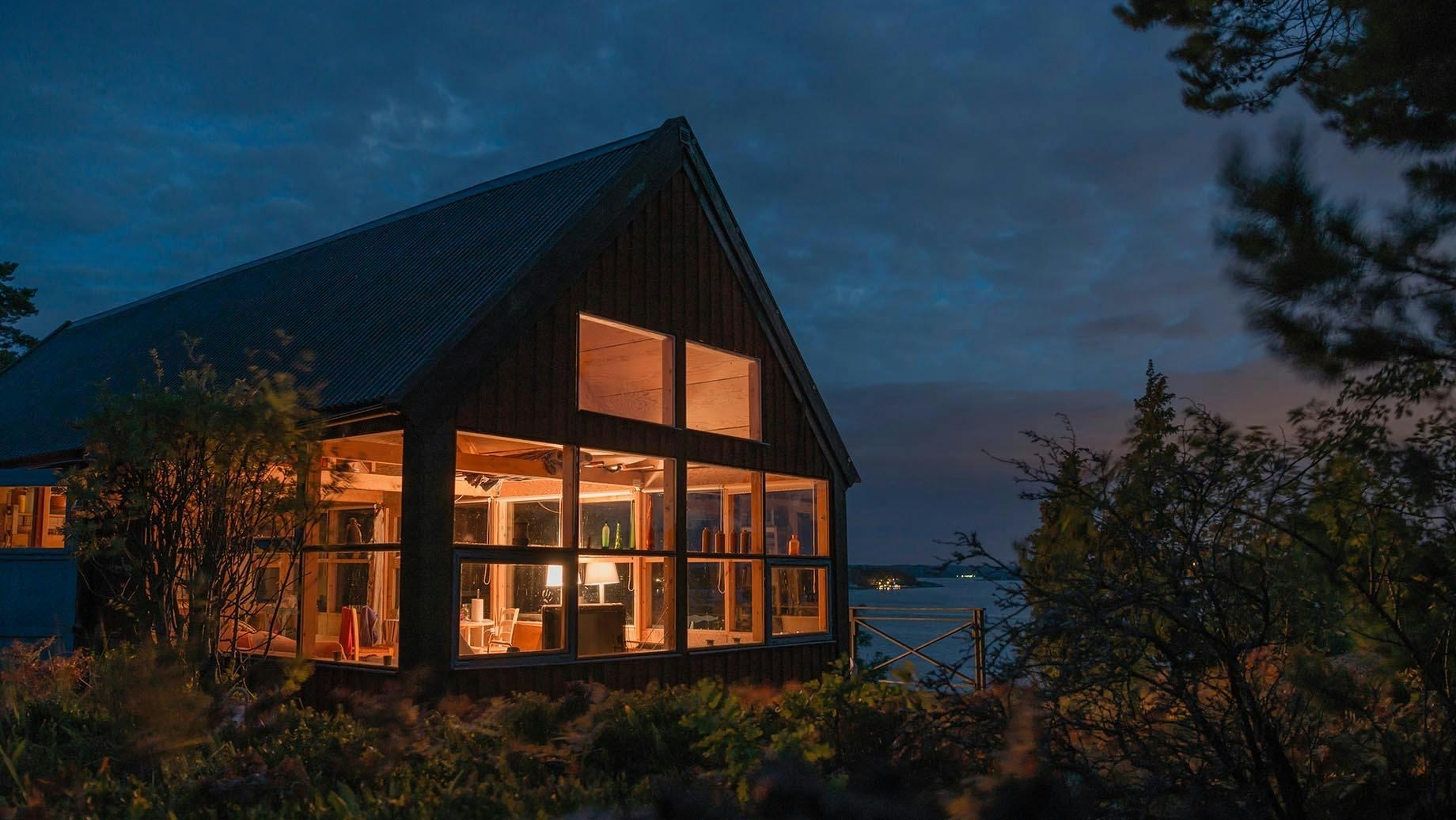
How To Save Energy at Home in Winter
Inspire Clean Energy
Nov 4, 2020
9 min read
category: Sustainable Living
Don't worry about climate change— do something about it.
Our clean energy plans are the easiest way to reduce your home's carbon footprint.
Switch to clean energyWhen it comes to keeping our homes warm during the cold winter months, we often tend to make our heating systems work overtime. We want to stay warm and comfortable at home, but that doesn’t mean we have to have high energy bills! While cutting back energy usage is a part of the answer, one of the best ways to save energy, money, and stay warm is to conserve heat.
Read on to learn some tips and tricks for staying warm and wealthy this winter!
How to conserve heat in winter:
One of the biggest reasons why heating bills go up in winter is not simply because it’s cold outside – it’s because we’re letting heat escape from our homes or not making easy changes that can help keep us more comfortable. Here are some key ways to conserve heat at home:
- Read up on how your heating system works: You know that moment when you discover a different setting on an appliance you’ve had for years, but didn’t know existed? That can happen for your heating system, too. Read up on how to use the thermostat properly in case there’s an energy-saving tip you’re missing.
- Use your dryer as the sun goes down: Most dryers generate a fair amount of heat, so delay using them until your heating kicks on and then do a load of laundry. Leave the door open to your utility room and let the heat from the dryer leak into the house. Sure, it may be a bit noisy, but at least that heat won’t go to waste. Of course, putting on warm clothes while you wait for your heating to get up to temperature is another way to go, too!
- Close your curtains as soon as the sun starts to set: Windows are a huge source of heat loss, so cover them up before they start to get cold. Add a curtain to any large glass doors for the same benefit.
- Fit radiator reflector panels: If you have fitted radiators instead of your home’s air system, then fit reflector panels on those on external walls. This will prevent much of your heat from escaping through the external wall.
- Keep doors to unused rooms shut, and turn off heating to those rooms if you can: You can heat these rooms in just a few hours, so why pay to keep them warm if they’re not being used? Keep those doors shut so the rooms you are using stay warmer.
How to save money on your power bill during winter:
Saving money on your bill and conserving heat in your home go hand in hand, but here are a few other ways you can cut back on your winter energy bills:
- Turn your thermostat down: Turning your thermostat down just a few degrees can help you save money, and you likely won’t even notice the difference.
- Wear a sweater: If you want to take the above tip up a notch, then turn your thermostat down a little more and wear a thicker sweater at home. You’ll save even more money.
- Use hot water bottles instead of electric blankets: You can find microwavable options, too. If you hate getting into a cold bed at the end of the day, use one of these options instead of your electric blanket.
- If you live in a deregulated energy market, make sure you’re conscious of which utility company you’re with: You have some control over what you pay, so make sure you’re not just paying your bill without checking what tariff you’re on.
- Make sure you send accurate meter readings to your supplier: While this doesn’t always work out in your favor, it usually does. Make sure you’re only paying for the energy you use by giving them accurate information.
How to save energy in winter:
-
Inspect your attic: The most common culprit for heat loss is low quality insulation. Some statistics1 claim that all you need to keep a home warm are human bodies to generate internal heat, the sun to generate external heat, and a well insulated house to keep that heat inside. Whether this is true or not, a well insulated attic is a proven method to keep warm air in and heating costs down.
-
Install a smart thermostat: Incorporating some smart home technology into your HVAC system can save you big on home heating costs. A smart thermostat adapts to your personal habits and preferences and knows when to turn the heat on, and when to keep it off.
-
Hunt for holes: Every house has some exposure to the outside world. You can be sure that your house has at least one or more of these heat leaks. Check the gap between your door and your threshold. Check to see if a window needs new caulking. Check to see if an electrical cable or plumbing pipe that running through a wall that needs better insulation. Finding and repairing these issues can help cut down your home heating costs in a big way.
-
Watch your windows: Windows are one of the main conduits for heat transfer in a home. The 2nd law of thermodynamics states that heat is always looking to equalize. This means that if your windows are old or the sealant is bad, the heat is going to find its way out.
-
Hack your hot water heater: Most home hot water heaters come preprogrammed to run at 140 degrees Fahrenheit. Believe it or not, this is hotter than you need it to be to run warm water to your bath or sink. Turn it down to 120 degrees so it doesn't have to work as hard over the winter months. Also take care to have proper insulation around your heater so it's not pulling double duty. A smart water heater can help you automate this process.
-
Turn off appliances that are not in use: Even when turned off, many appliances continue to use power. For example, your phone charger continues to use energy, even if your phone is no longer charging. This can use up significant amounts of your home’s electricity each year, but you can easily avoid this by unplugging any device you’re not using.
-
Insulate your home: Draughts in the home are often caused by gaps in windows, flooring, and underneath doors resulting in a waste of the energy used to heat the home. With cold air coming in and warm air being let out, it can help to roll up towels, blankets, or even newspapers. Other inconspicuous areas from which cold air can get in may include cat flaps, old-fashioned keyholes, and around older doors and windows, so be sure to cover them at night if your home is prone to draughts. If you can afford it, upgrade your insulation. It’s costly, but it will increase the value of your home and decrease your heating costs.
-
Draw the curtains: Curtains, especially thick curtains, can help keep the heat in and cold out. Make sure you keep them open on sunny days, as this will help keep your home warm. As soon as the sun starts to set, close the curtains to save warmth.
-
Control the heating: Turning your thermostat down just 7-10 degrees for 8 hours a day can help you save 10% on your bills each year 2. The right heating controls will allow you to keep your home nice and warm without worrying about wasting fuel, heat, or money.
-
Choose your lightbulbs wisely: Replacing your light bulbs with LED bulbs is a sensible investment. These newer, longer-lasting bulbs are designed to save energy and require much less electricity than traditional light bulbs. Many LED bulbs last up to 50,000 hours – in other words, even if you left them on for 12 hours each day, they’d still last over a decade. Of course, we’re not suggesting that you leave them on for that long at a time, but that’s a pretty long shelf life!
-
Rethink how you wash your clothes: There’s little reason to wash your clothes at a higher temperature unless there’s a difficult stain, and it can actually damage the fibers over time. Instead, opt for a cool wash and use eco settings if you have them. For drying, dryer balls lift and separate your laundry while it's drying, reducing drying time by 25%, so they are often worth the investment.
-
Maintain your heating system and don’t skip services: Your heating system can last a long time if you treat it well. Make sure you get a professional to look at it regularly to make sure it’s working properly. If you have radiators, it’s sensible to bleed them regularly. Air can become trapped inside a radiator over time, making them cooler and less effective. If you have a wood-burning heater, be sure to clean the flue vent and the inside with a wire brush regularly to ensure that your heater is working properly.
-
Reduce heat loss from the fireplace: By keeping your fireplace damper closed unless you have a fire burning you can prevent heat from escaping. Keeping the damper open allows hot air to go up the chimney and can waste energy if you’re trying to keep the house warm. If you use your fireplace frequently, consider installing tempered glass doors. You may also want to consider installing a heat-air exchange system that will blow warm air back into the living room. If you don’t use your fireplace often, plug and seal the chimney flue and add caulking around the hearth.
For more ideas, see our post on 26+ Ways to Save Energy at Home.
Save energy at home in winter today
Put what you’ve learned to practice in your home and you’ll have much more comfortable winters and much lower bills! One way to put your conscience at ease about the amount of energy you’re using is to switch to a clean energy supply.
And while we’re on the subject of conservation, supporting clean energy can also drastically reduce your carbon footprint and let you rest easy knowing the energy you’re using isn’t contributing to pollution or global warming. While we should always strive to use less energy, using clean energy helps you make sure that the energy you do use has the lowest impact possible.
Our customers not only use clean energy but also have smart tools that help them manage their energy use. In just a few minutes you’ll get a completely customized plan and unlimited clean energy access for one flat monthly price. Make the switch to clean energy today!
Don't worry about climate change— do something about it.
Our clean energy plans are the easiest way to reduce your home's carbon footprint.
Switch to clean energy
Inspire Clean Energy
We're on a mission to transform the way people access clean energy and accelerate a net-zero carbon future.
Learn more about Inspire →Explore more
Recent Posts
Top Articles





















